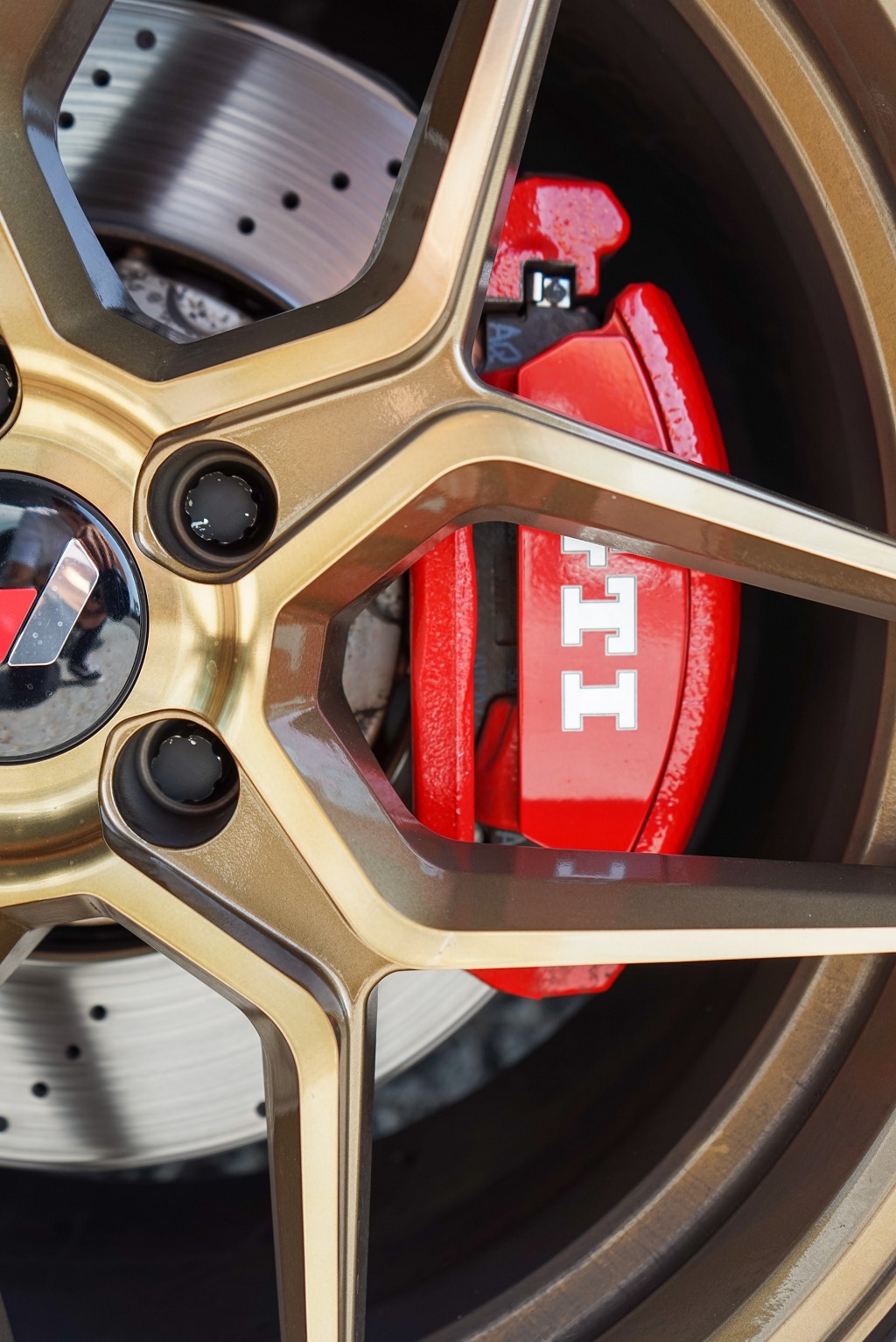You should know where you plan to drive your car the most, how often you drive it, and the current state of your vehicle before you go out and purchase new brake pads. You should purchase brake pads and rotors for your automobile after giving serious consideration to these issues. But You don’t have to repurchase the same exact pads just because you’re replacing worn out ones. Discover the many varieties of brake pads available, as well as which ones will serve your needs best, with the help of this comprehensive guide.

Choosing the right brake pads:
If you want to be sure that your car’s braking system will hold up under pressure, you should invest in high-quality brakes. Bigger brake pads composed of tougher material should be considered for larger vehicles. If you plan to travel mostly on tough terrain or have a big vehicle, you shouldn’t invest in an organic or ceramic brake pad. Due to the variability of the weather, some drivers find it prudent to carry a backup set of brake pads in their vehicles. A brake pad takes more abuse in the snow and should be upgraded to bigger sizes with increased cooling capabilities.
Understanding when brake pads need to be replaced:
Wear on your brake pads will be immediately noticeable. A very high-pitched squealing noise from the wheels is a sure sign that the brake pads and rotors are making contact with each other and wearing down. The rotors may be wearing down because the friction material is gone and the brake pads’ metal surfaces are rubbing against them. Whenever this occurs, it’s time to schedule a replacement before the wear and tear spreads to the rest of your vehicle’s braking and gearbox components.
The car becomes overly slow, and even the steering system, as a result of brake pad wear. Some cars have jerky acceleration and braking, while others have noticeable bumps even on flat roads. Please have a qualified mechanic inspect your brakes as soon as possible since the situation might be more serious than you currently suspect.
Care and feeding of brake pads:
Brake pads may be kept in good condition for a longer period of time if the driver is cautious and applies the brakes only when required. If you’re going to be driving over tough terrain, you may as well slow down. In addition, you should inspect your brake pads often and clean off any dust or debris that may have collected. Mud is a certain way to shorten the life of your brake pads, since it starts to eat away at your friction surfaces as soon as it dries.
When should I replace my brake pads?
There are a number of things that might affect how long your brake pads last. Whether it’s your own driving style or the weather, there are many factors that might affect your vehicle. A vague set of criteria exists for manufacturers in the 30,000 to 70,000-mile range. Pads typically last for about ten thousand miles under normal conditions, however this may vary widely depending on factors such as the kind of pad used, the amount of rotor wear, the amount of friction, and the amount of heat generated.
Conclusion:
Changing your brake pads is not something you should do on your own unless you are confident in your mechanical abilities, just like any other replacement of a vehicle item. Make sure the components are suitable with your vehicle and only purchase them from reputed auto shops.

Till next time…tale care…xoxo.
